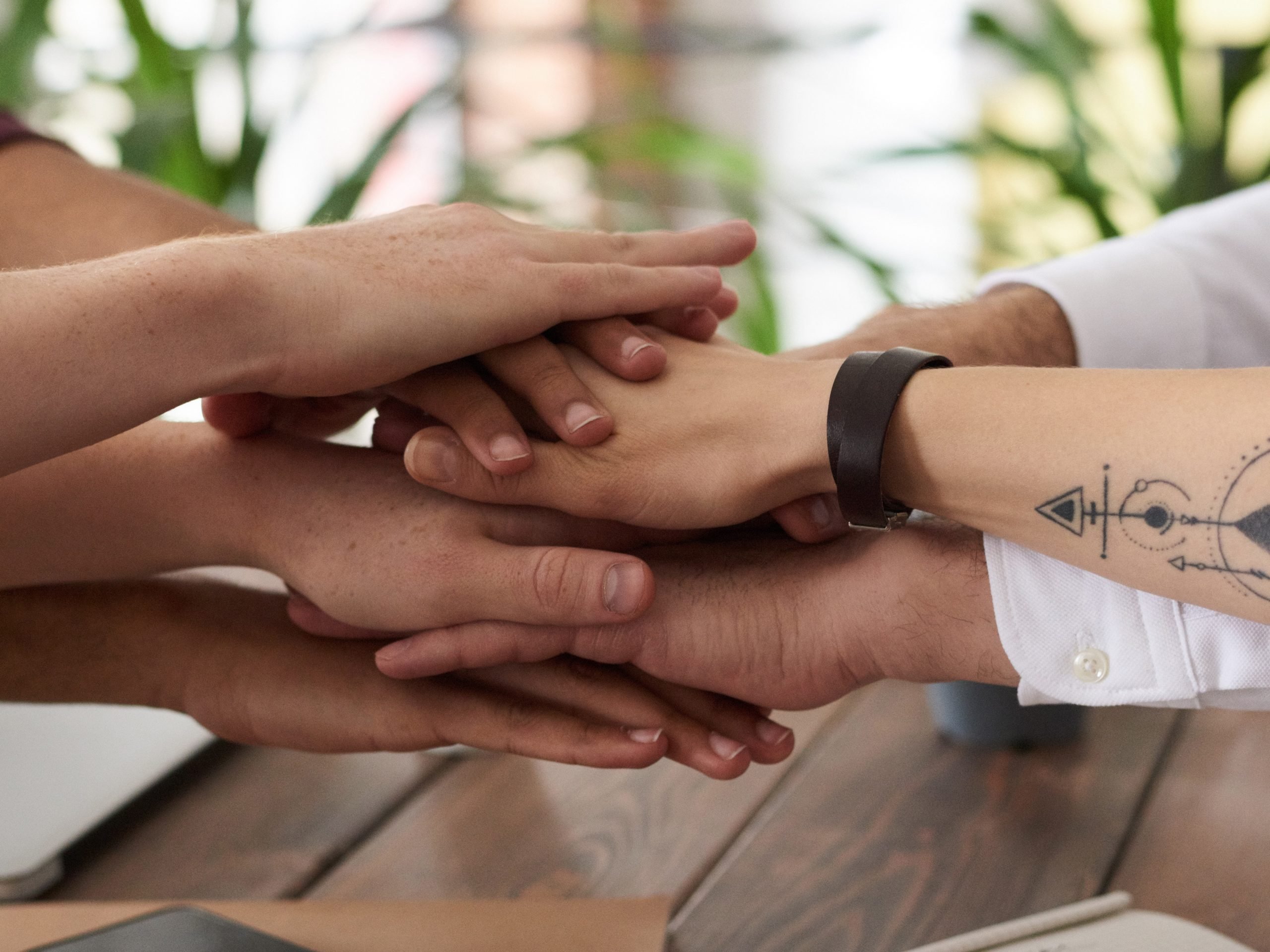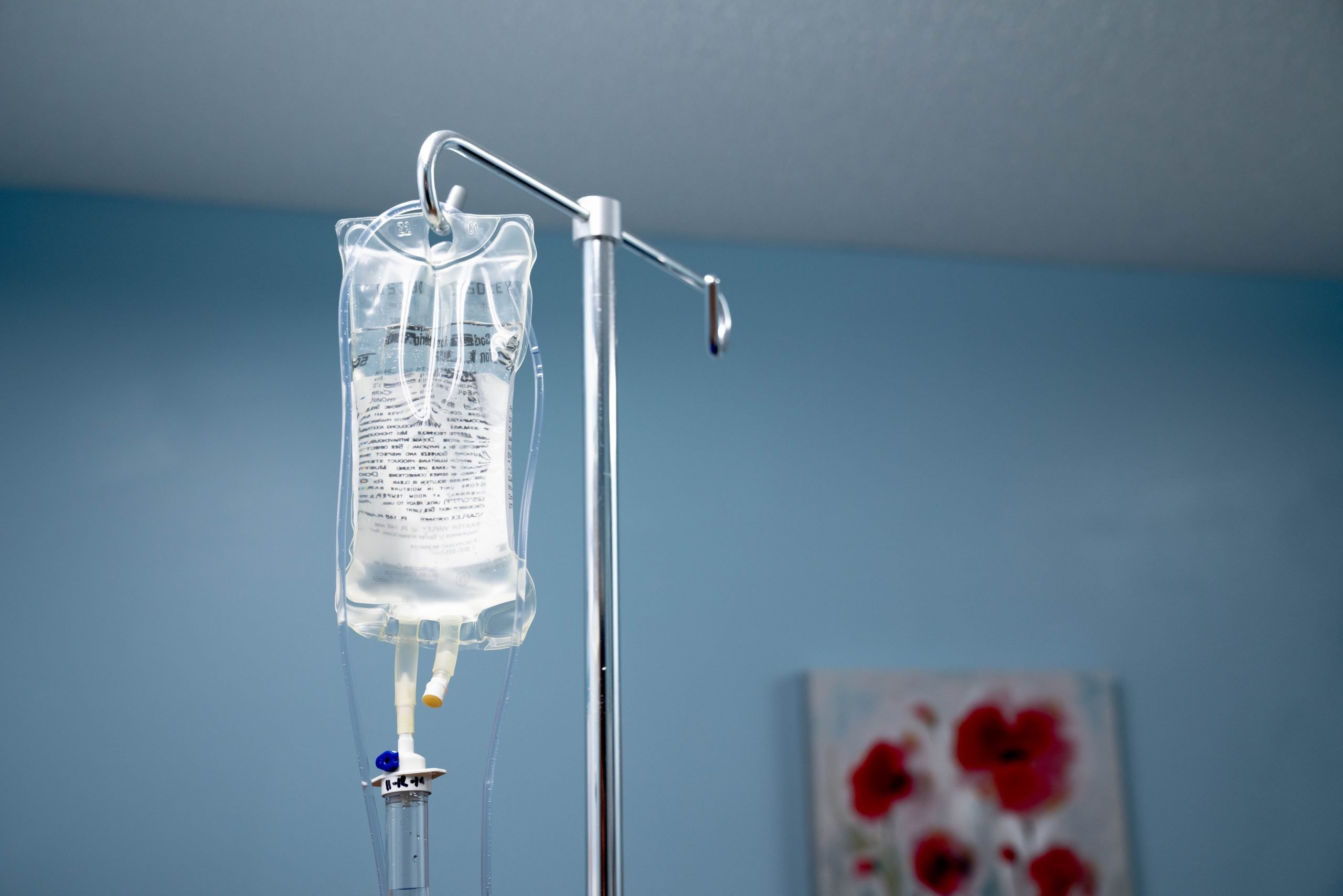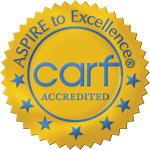At Stepworks, we realize that treatment within the walls of our residential recovery centers is just one of many paths to overcoming addiction. For some, the path of sobriety looks different — and for many, the management of their disease even after residential treatment requires a community of providers. That’s why we are thrilled to announce the expansion of our services through Intensive Health by Stepworks.
Houston, we STILL have a problem.
Our patients have a potentially fatal illness: addiction. At any given time, there are over 22 million people in the United States who have a substance use problem. We must remain open to help those suffering from this deadly disease. We want to take this opportunity to remind everyone of the steps we are taking during this time of national illness.
Stepworks COVID-19 FAQ:
Are we accepting new patients?
Yes. While we are taking extra precautions and implementing safeguards during this time, Stepworks remains committed to being a place of hope for those with substance use disorders. All of our facilities remain open and are accepting new patients.
What precautions are we taking?
We are screening all incoming admissions for the following: recent travel to high-risk areas, known exposure to the virus and the presence of cold-like symptoms, especially in the elderly. We will decline any admission who has, in our opinion, a higher than normal risk of having the disease.
Within our facilities, we continue to provide information about COVID-19 to all staff and patients. Throughout the day our Stepworks’ staff sanitize surfaces and make hand sanitizer available to our patients under staff supervision. Masks are provided to any patient or employee who has signs and symptoms of respiratory illness. And finally, if a patient develops a respiratory illness, at their request, they may be given the opportunity to seek evaluation at the local emergency room at their own expense.
Are we continuing with visitation?
In order to keep safety a top priority, we have suspended all visitation for our patients at this time. In place of visitation, patients will be allowed to sign up for extended phone time with their family members. Additionally, Skype or Facetime sessions will be scheduled to allow for our patients and their families to connect.




